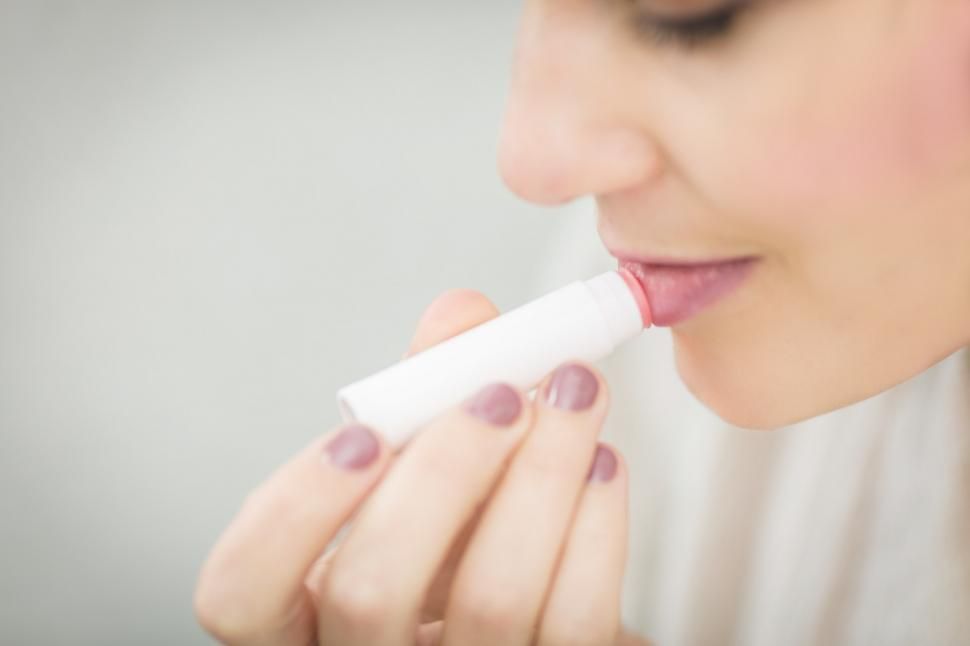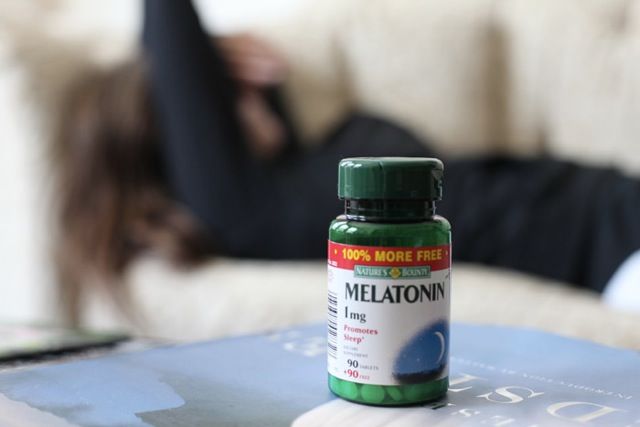
Unraveling the Jargon: Talk Therapy Decoded
- Dec 30, 2024
If the term "talk therapy" has you envisaging a never-ending episode of Dr. Phil, think again. Also known as psychotherapy, counseling, or just plain ol' therapy, talk therapy is all about using conversation as a tool to delve into the mysteries of your emotions, thinking patterns, and behaviors. Sure, it sounds intense but really, it's a lot like having a deep and meaningful chat - just with someone who actually knows what they're doing.
Let's squash an assumption right away - therapy isn't for the 'crazy'. You don't need to be on the verge of a breakdown or dealing with a traumatic past to validate walking into a therapist’s office. It can also be for the chronically stressed, the constantly anxious, or the perpetually heartbroken. Talk therapy is your go-to for handling relationship woes, adjusting to new life situations, coping with physical illness, and processing distressed feelings.
What it looks like? Well, that will depend on the therapist you work with. Each session can be as unique as a Hipsters vinyl collection. You could be spilling your life story, attempting to master new coping mechanisms, or undertaking tasks between sessions like journaling or practicing new thought habits.
The world of talk therapy also boasts different sub-genres: psychodynamic therapy is like your indie band, delving into the unconscious and focusing on self-awareness; your pop-star equivalent, humanistic therapy, emphasizes growth from the present moment; then there's integrative therapy, a grand mixtape of other methods tailored to address your individual needs.
Despite the biting humor of this article, there's no mocking the reality that therapy can be tough. Opening yourself up to a stranger can be hard, and the tears might flow faster than craft beers at a hipster bar. But in the same breath, realizing you're not alone and that support is available can be incredibly liberating.
The ultimate question: is it worth shelling out those green bills for it? Talk therapy is certainly compelling. Studies show it's effective, in many cases even more so than medication. However, no one-size-fits-all in mental health, and hence, therapy isn't everyone's cup of kombucha.
The bottom line, friends? Seeking help isn't weak, it's empowering, and talk therapy might just be the right place to start.






